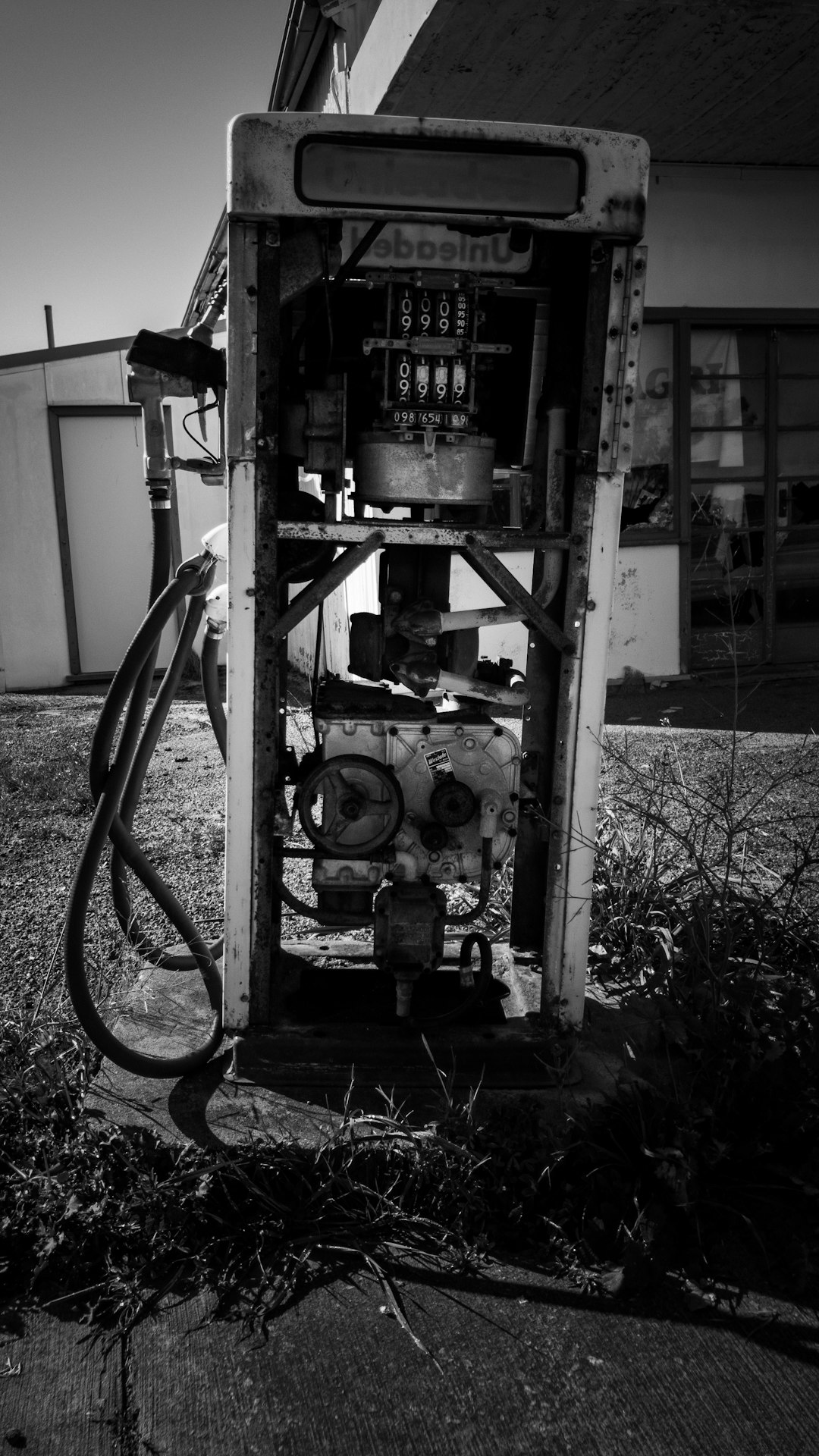It may come as a surprise to many non-players but not all guitar strings are created equal. Even on the same guitar being played by the same musician, changing the strings from one type to another can make a definite audio difference. Likewise the same strings on two guitars made out of different types of wood will sound noticeably different.
With regard to acoustic guitars, players seem to be about evenly split between the virtues of 80/20 strings on the one hand and phosphor bronze guitar strings on the other hand. To further cloud the picture, each type of string comes in different weights that also affect the way in which tone is perceived. Thus, a phosphor bronze set in light may sound closer to an 80/20 set in medium than the 80/20 in light weight might sound. Yet so much of it is dependent on the ear and preference of the player.
On the question of durability, phosphor bronze strings are assumed to have about a 20% greater life than the 80/20s, yet the latter type is presumed to maintain its initial tone for a greater percentage of its string life than the PBs. In other words, they are going to sound the same on the day that you take them off as they did on the day when you put them on– but they are likely to break faster.
With regard to the tone of the strings, most seem to agree that the phosphor bronze strings produce a richer, more mellow sound with more bass being produced. This type of string would be best suited for those who play a lot of classical or lively Spanish guitar. The 80/20s have a somewhat higher tonal quality that adds a little more to the treble range of the note. Players who prefer the bluegrass sound or modern country would probably be more inclined to prefer these over the phosphor bronze ones.
It should also be pointed out that preferences are sometimes not on account of tone but on account of the physical sizing of the guitar player’s hand. Those who have small hands and fingers seem to prefer the light strings in either type, regardless of their preference in musical genre or hoped-for tonal qualities.
It should also be noted that most so-called phosphor bronze strings are made from the same copper-tin alloy as the 80/20s but just in a different proportion– along the lines of 92/8 or thereabouts.











